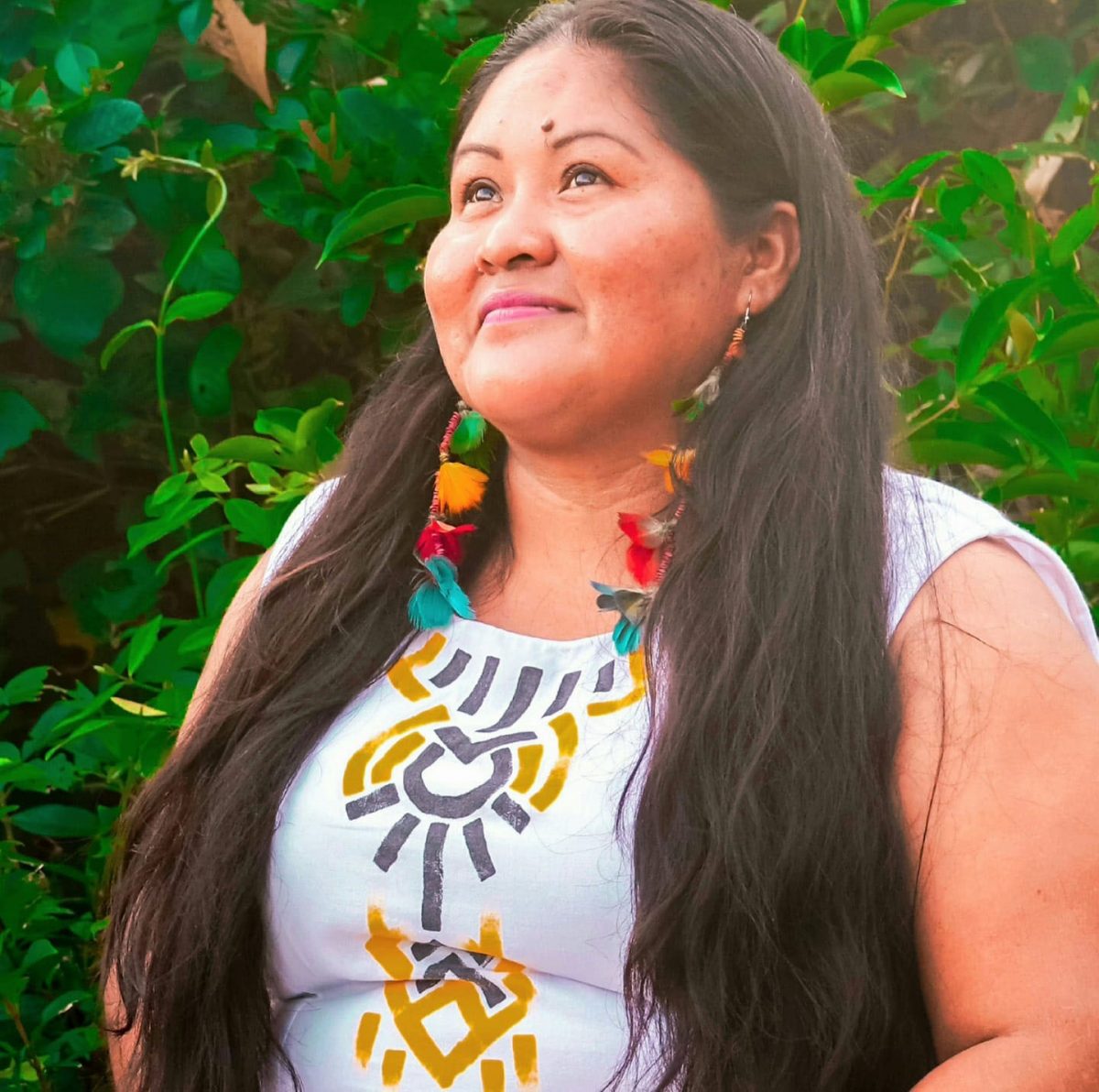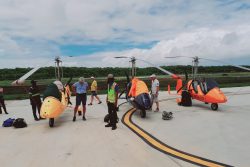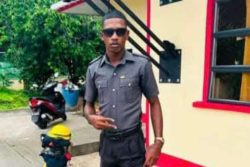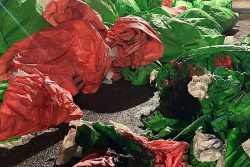The increase of COVID-19 cases in the Deep South Rupununi has resulted in more villagers seeking to get vaccinated against the virus in a bid to protect themselves and families.
Up to last Friday, the vaccination drive had seen approximately 500 villagers get their jabs in Aishalton, while 248 and 151 had been vaccinated in Karadarnau and Maruranau, respectively.
Since the national vaccination programme commenced, a total of 1,463 persons have been vaccinated in nine communities in the Deep South Rupununi.
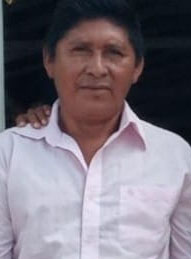
Over the preceding two weeks, the communities, which had not seen any cases since the beginning of the pandemic, began to register cases for the first time as 36 cases inclusive of a death were recorded in Aishalton while six were detected in Maruranau and one in Karadarnau.
Immaculata Casimero, a resident of Aishalton and representative of the South Rupununi District Council (SRDC), told this newspaper that more persons are now enquiring about getting the vaccines. She noted that the highest number of persons immunised in a single day was 70. She pointed out that with more people taking the vaccines and not displaying any side effects, more persons have been encouraged to get vaccinated.
She added that with a high turnout the hospital and health post in the community had reported that there was a shortage of vaccines in the community.
“Our people are seeing the effects of COVID-19 and are turning out to get vaccinated. I think it is very good that our people are starting to show interest in getting the vaccine,” she said.
Meanwhile, Maruranau Toshao Ambrose Bento reported that his villagers have been accepting the vaccines. According to the toshao, more persons are waiting for the next vaccination outreach to get their first shot.
“We are seeing persons committing to getting vaccine and people are coming to the health centre and asking the health worker when will be the next outreach,” Bento said before explaining that from the list of vaccinated persons, few are fully vaccinated.
He noted that by May 26, a majority of villagers are expected to receive their second dose of a vaccine, bringing the community closer to achieving herd immunity.
In Karadarnau, Deputy Toshao Arnold Stephens explained that a vaccination team was expected to return to the community on Saturday. He noted that like the other villages more persons have been asking about the vaccines and expressing their interest.
The community leaders nonetheless said there is still a need for public information to be disseminated into the villages to further convince persons to accept the vaccines.
President Irfaan Ali earlier this year announced that the government intends to vaccinate at least 75% of the Guyanese population by the end of 2021 so that herd immunity can be achieved and Guyana can exit the COVID-19 pandemic.
Noting the risk attached to sending persons from outside the communities to do public awareness, Casimero said that the government can make use of locals living in the area or even organizations like the SRDC and the North Rupununi District Development Board (NRDDB) who can speak the native languages to carry out this task.
Strict measures
Following the confirmation of COVID-19 cases in Guyana, many Indigenous communities were forced to adapt to what has been described as “the new normal,” such as wearing masks, social distancing and travel restrictions, in order to curb the transmission of the virus. This was very much the case in the Deep South Rupununi, where village leaders acted quickly, erecting gates and imposing restrictions in their respective communities.
But with active cases in the district, the communities of Maruranau and Karadarnau have begun to impose strict measures to curb the spread of COVID-19. In Maruranau and Karadarnau, schools have been closed and residents have been advised to limit their movement within their communities. They have also imposed closure of the communities from persons wanting to enter or pass through.
Stephens explained that with Aishalton in close proximity to their community, they have informed villagers to desist from visiting unless it is an emergency. Aishalton is the hub for many communities in the Deep South Rupununi.
However, he expressed concern that the health team is not in a position to conduct effective contact tracing and called for more to intervene.
“Where the one person is positive and in quarantine, I don’t think they have done any testing to the neighbours or the persons who visited her. I think more needs to be done because some persons can be positive and don’t have any symptoms,” he said expressing concern.
Stephens explained that from reports, a villager, who has been ill, has ventured to the farming area and has not been subjected to any test.
According to Bento, the active cases are from a single family in the community. He noted that since the cases have been detected, they have begun to enforce the guidelines crafted by the SRDC.
He noted too that they are looking at the possibility of a month-long lockdown as they are concerned that the cases might spread throughout the village and to nearby communities. He added that they are working out the logistics of a lockdown in a bid to prevent food shortages.
Faced with a potential COVID-19 outbreak in the Deep South Rupununi, Toshao Michael Thomas said the Aishalton Village Council was advised to impose a total lockdown so that no one will be allowed to enter or leave the community.
Meanwhile, the SRDC has been assisting residents by providing cleaning and sanitation packages as well as food supplies. Currently they have packages to be distributed to Maruranau and Karadarnau.
Thomas had called for more testing to be done in the Deep South Rupununi, with at least three persons from neighbouring indigenous community Maruranau testing positive for COVID-19.
Thomas had revealed that many persons, regardless of age in Aishalton, have been displaying moderate to severe symptoms of COVID-19.
The community has been receiving support from Central Government and regional bodies.
